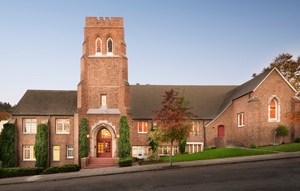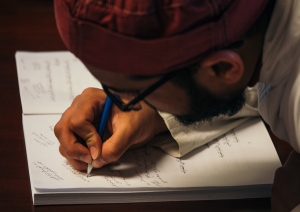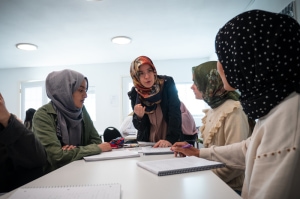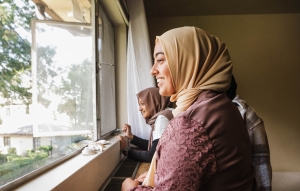Dr. Abdullah Ali's Journey to Zaytuna College
FACULTY PROFILE
by Maryam Awwal
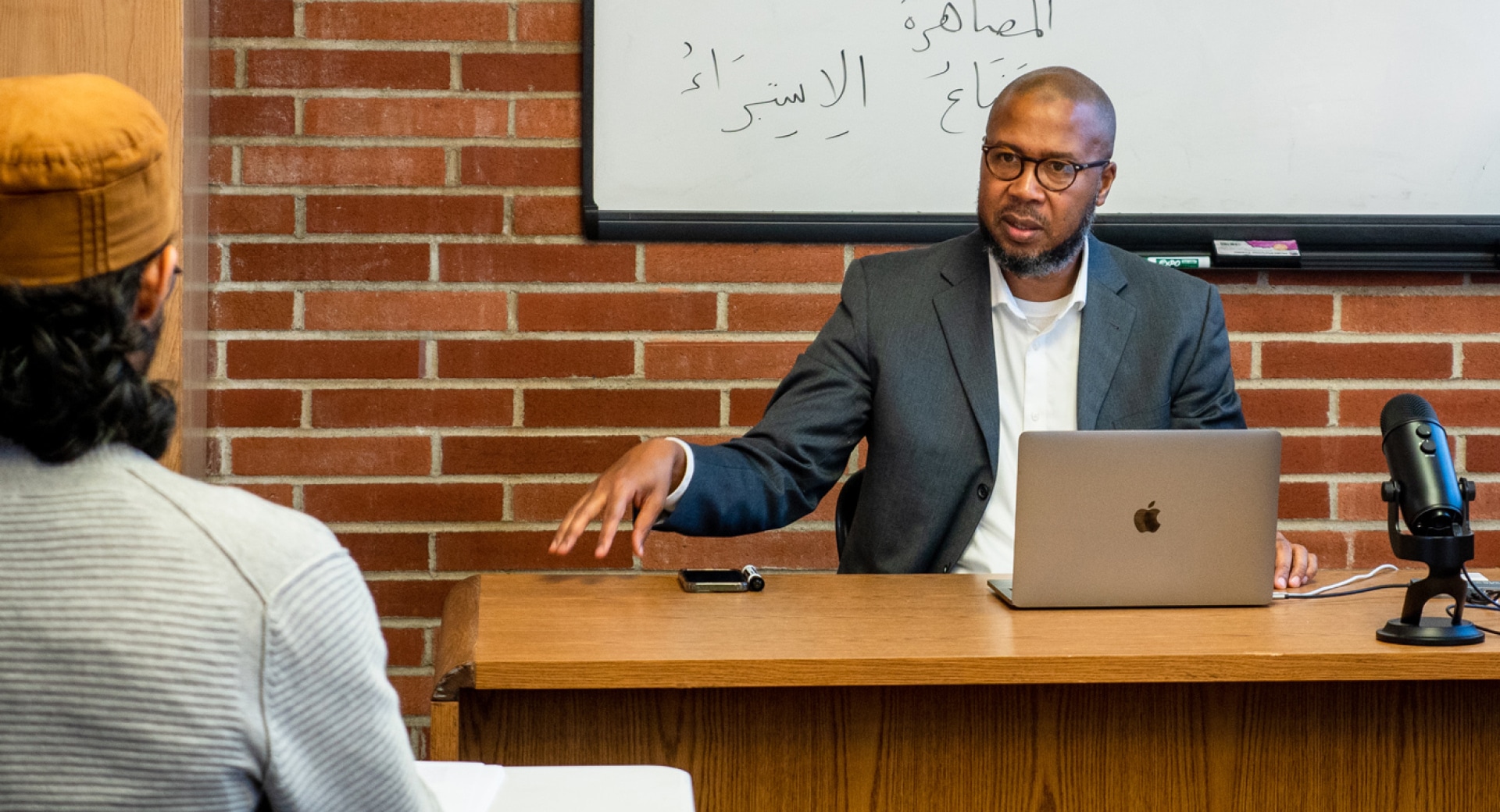
Dr. Abdullah Ali's
“Make sure that you further your studies. Maintain a very healthy humility towards the community. Do whatever is necessary to make ends meet, going with Allah’s decree. And when you study, do it for Allah.”
“I just had a hunger to know Islam,” says Dr. Abdullah bin Hamid Ali, associate professor of jurisprudence, prophetic tradition, and theology at Zaytuna College. “I wanted to know what Allah said in His book, what His messenger said, what the commentaries said. That’s what drove my passion.”
Growing up in Philadelphia, Pennsylvania, Dr. Abdullah began his Islamic studies around the age of twelve or thirteen. The AlKhatib family in West Philadelphia taught him the basics of Islam: the details of ritual purification, prayer, prophetic tradition, and Islamic history. But it was his first Arabic Qur’an that really captured his interest. “When I saw the language, I was mesmerized. The words, the streaks on the page… I was fascinated by the fact that they meant something.”
Dr. Abdullah started learning the Arabic letters on his own, tracing them out by hand, and as his interest developed, he began taking classes with a visiting teacher. In the years that followed, he studied both Arabic and Islamic studies with scholars from across the region, growing proficient in reading and understanding Arabic.
Eventually, he grew convinced that studying abroad was the right choice, certain that God would facilitate an opening for him. Friends joined together to buy Dr. Abdullah a one-way ticket to Egypt, but without a clear plan in mind, he eventually decided to wait, enrolling in Temple University with a major in computer science instead.
At Temple, Dr. Abdullah continued his Islamic studies, taking advantage of the library and select courses with Dr. Khalid Blankinship. It is here that he reconsidered the idea of studying abroad, after listening to a lecture by President Hamza Yusuf on jurisprudence. That morning, Dr. Abdullah went to Dr. Khalid and asked for his guidance on where to go. “It felt like Allah was calling me. It’s where my heart was at.”
Dr. Khalid paved the way for Dr. Abdullah to go to Morocco, eventually securing a place for him at the famous al-Qarawiyyin University in Fez. In the first six months, Dr. Abdullah spoke only Arabic, knowing no other Westerners there. By 2001, he graduated with a bachelor’s degree in shariah.
After graduation, Dr. Abdullah served as a chaplain at the State Correctional Institute in Chester, Pennsylvania, for five years, until he received an email from Imam Zaid Shakir inviting him to serve as a resident scholar at Zaytuna Institute. During his early years at Zaytuna, he completed his master’s and PhD degrees at the Graduate Theological Union. “I never thought I would be a doctor, I never thought I would be a professor—but whenever there was an opening in my time, I just took classes.”
He advises Zaytuna students and alumni to do the same. “Make sure that you further your studies. Maintain a very healthy humility towards the community. Do whatever is necessary to make ends meet, going with Allah’s decree. And when you study, do it for Allah. You have to seek knowledge for His sake because you don’t like ignorance. You don’t want to be in the dark. And you’re pursuing Truth.”
